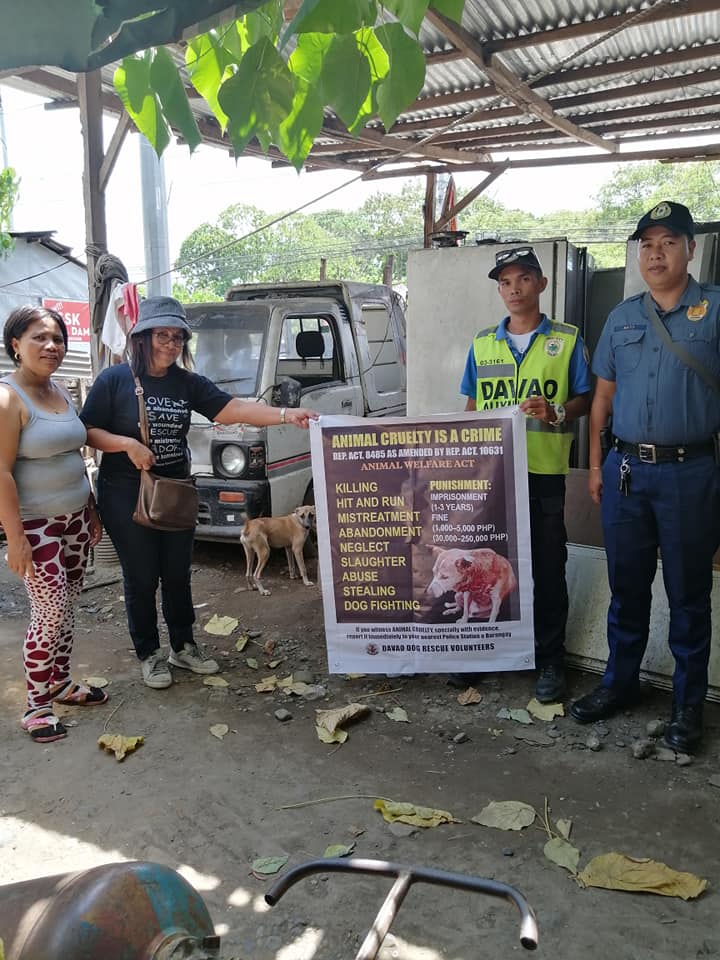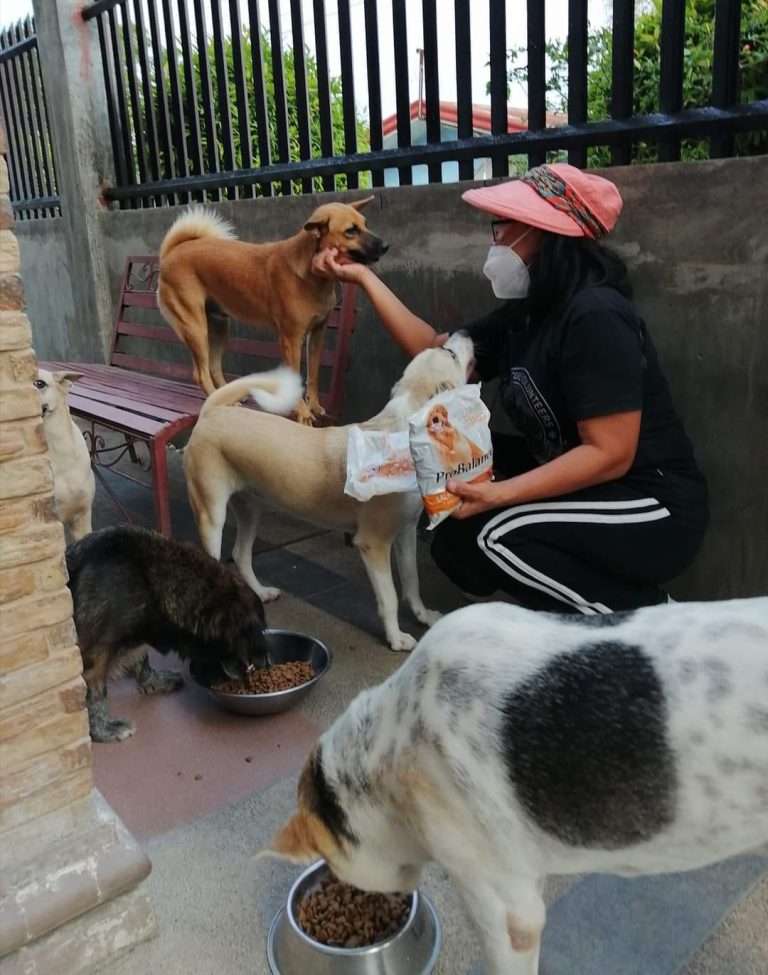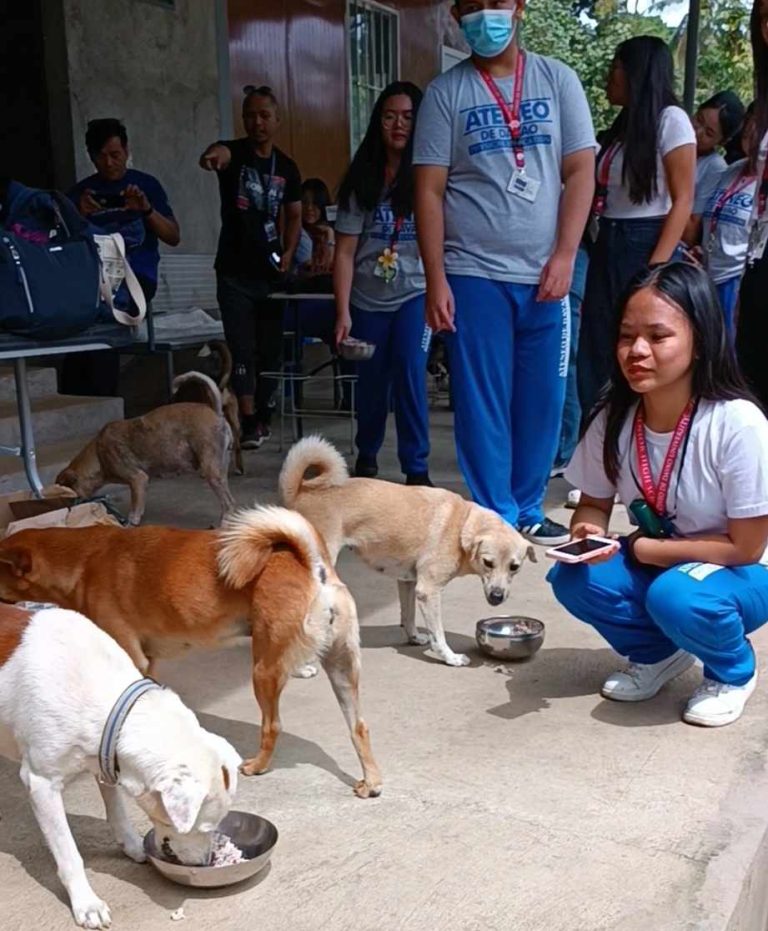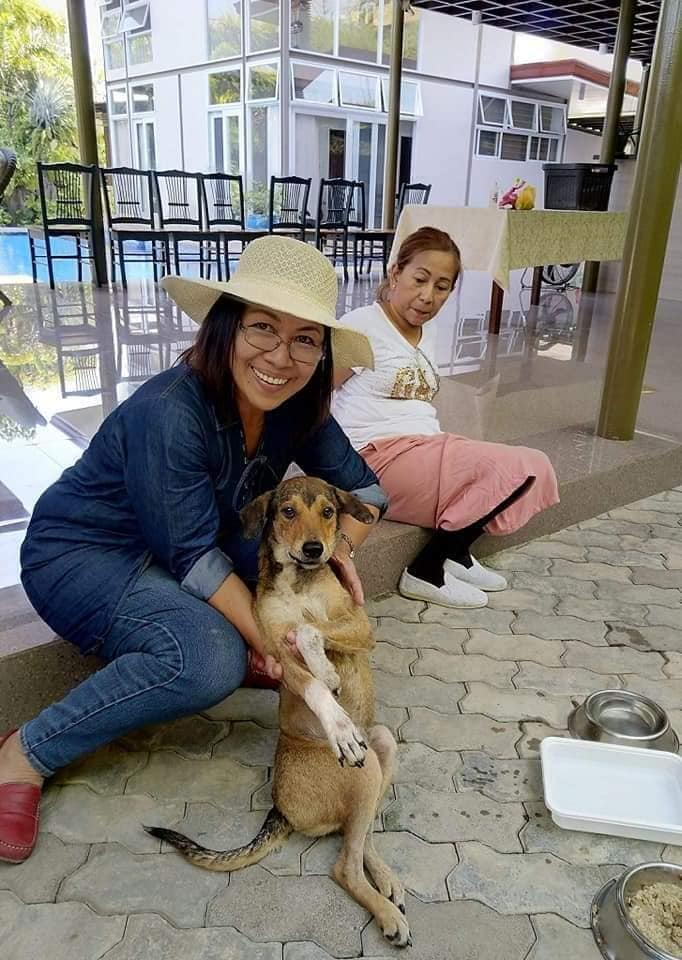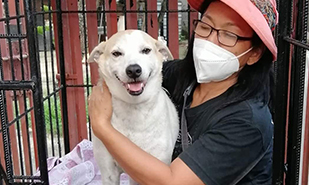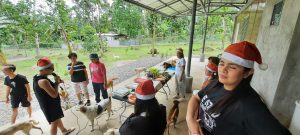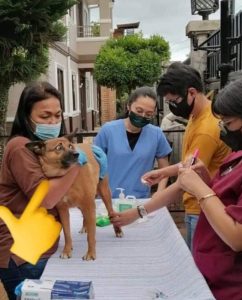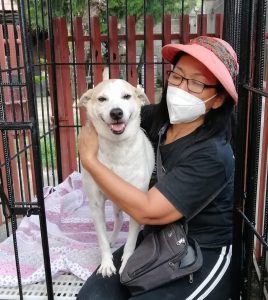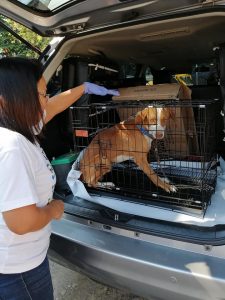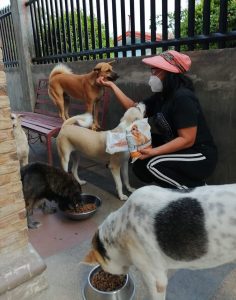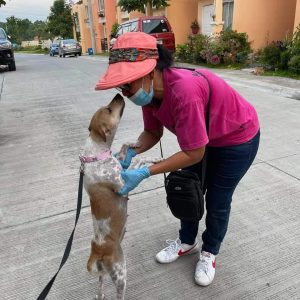Davao City, Philippines – In an inspiring move towards enhancing animal welfare, the dedicated volunteers at Davao Animal Rescue Volunteers(DARV) have launched the ‘Supply Water For Good Health’ initiative. This groundbreaking program aims to ensure that every rescued animal receives adequate hydration, a fundamental but often overlooked aspect of animal health.
Bridging the Gap in Animal Welfare
Water, the essence of life, plays a crucial role in the health and well-being of animals. Recognizing this, DARV has committed to an innovative approach that prioritizes the hydration needs of rescued animals, setting a new standard in animal care practices.
The Genesis of ‘Supply Water For Good Health’
The initiative came to life following observations by DARV volunteers of dehydration symptoms in many rescued animals. “We noticed that a significant number of animals we rescued showed signs of dehydration, which can severely impact their recovery and health,” explained Maria Lopez, a leading volunteer at DARV. Motivated by this discovery, DARV designed a program to ensure constant access to clean water for all animals in their care.
A Multi-Faceted Approach
‘Supply Water For Good Health’ is more than just providing water; it’s about creating a sustainable system that includes:
- Installation of Automatic Water Dispensers: DARV has installed automatic water dispensers in all their shelters, ensuring animals have continuous access to fresh water.
- Educational Campaigns: Understanding the importance of hydration, DARV has launched educational campaigns targeting both volunteers and the local community, highlighting the vital role of water in animal health.
- Partnerships with Local Communities: By collaborating with local communities, DAR is extending its hydration initiative beyond its shelters, aiming to improve access to clean water for animals in the broader Davao region.
The Impact on Animal Health
The results of this initiative have been profoundly positive, with noticeable improvements in the health and vitality of the rescued animals. “We’ve seen remarkable changes in the animals’ energy levels, coat health, and overall recovery process,” stated Lopez. Veterinarians supporting the initiative have also documented decreases in cases of kidney-related issues and other dehydration-linked health problems.
Community Involvement and Education
A significant aspect of the ‘Supply Water For Good Health’ initiative is its focus on community education. DARV believes that knowledge is power and has been proactive in organizing workshops and seminars for pet owners and the general public. These sessions cover the importance of hydration, how to recognize signs of dehydration, and the steps to ensure pets always have access to clean water.
Looking Ahead
With the success of the ‘Supply Water For Good Health’ initiative, DARV is planning to expand its efforts. Future plans include the development of mobile apps for pet hydration tracking, partnerships with schools for educational programs, and the establishment of community hydration stations for stray and wild animals.
How You Can Help
DARV’s ‘Supply Water For Good Health’ initiative is a community-driven effort that thrives on support from individuals and organizations alike. There are several ways to get involved:
- Donations: Financial contributions help fund the installation of more automatic water dispensers and support the ongoing educational campaigns.
- Volunteering: DARV welcomes volunteers to assist in their shelters and participate in community education efforts.
- Spreading the Word: Simply talking about the importance of animal hydration can make a significant difference. Share information with friends, family, and on social media.
The ‘Supply Water For Good Health’ initiative by Davao Animal Rescue Volunteers is a shining example of how targeted efforts can make a substantial difference in the lives of animals. By ensuring that rescued animals have access to clean water, DARV is not only improving animal welfare but also setting a benchmark for others to follow. It’s a reminder that sometimes, the most basic necessities can have the most significant impact on health and well-being.
read more